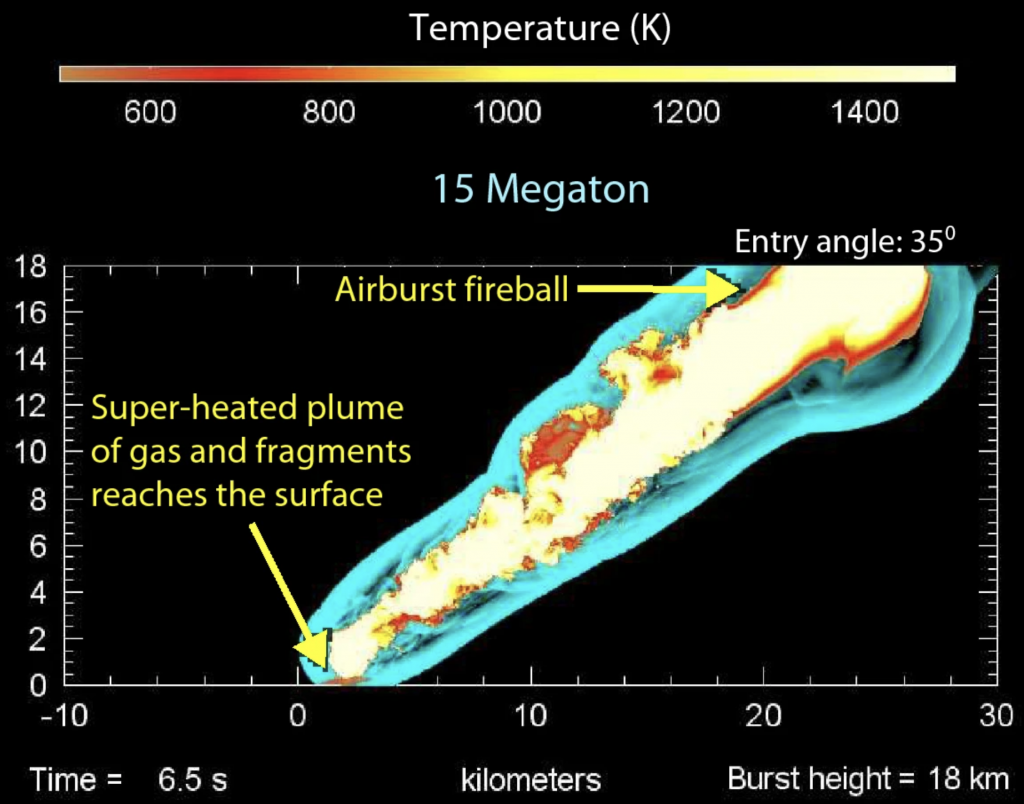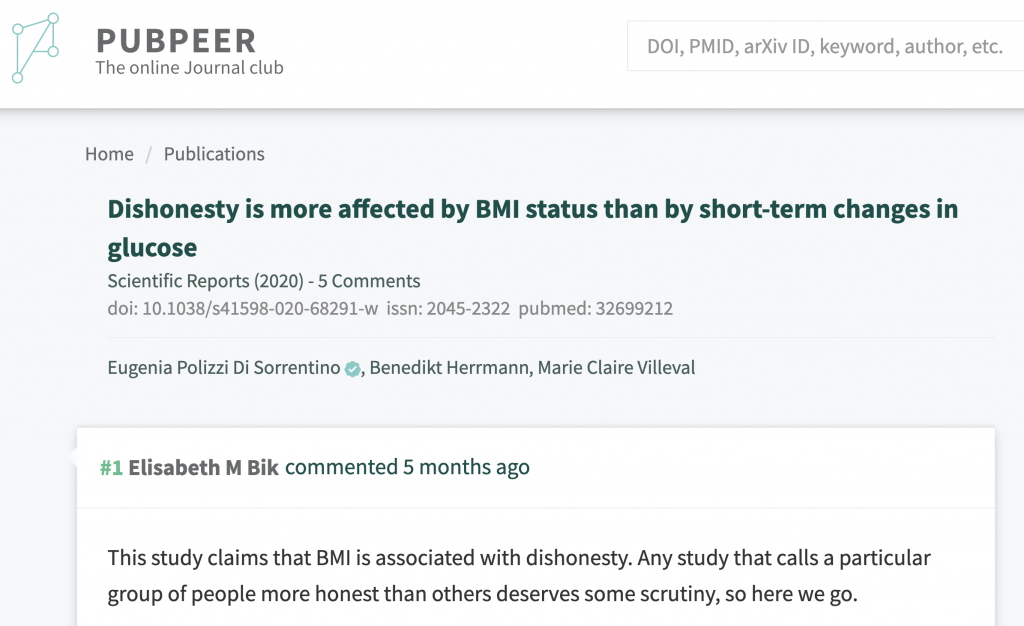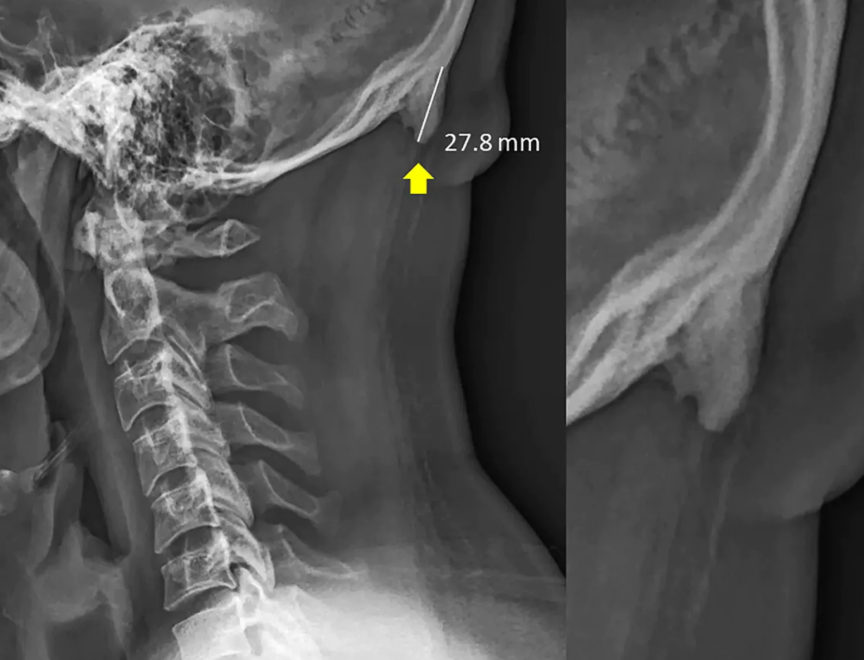
A Springer Nature journal has retracted a 2021 article with dire news for mountain gorillas in Rwanda’s Volcanoes National Park about the prospects of extinction on the spikes of SARS-CoV-2 after finding a fatal error in their model of the outbreak.
The article, “Exploring the potential effect of COVID-19 on an endangered great ape,” appeared in October in Scientific Reports and was written by a group at the University of Southern Denmark and the the Dian Fossey Gorilla Fund, in Atlanta. The Fund has been concerned – for good reason – about the potential of respiratory illnesses to decimate populations of great apes, whose social nature can foster transmission of infections.
According to the abstract of the paper:
Continue reading Paper overestimated risk of COVID-19 to endangered apes






